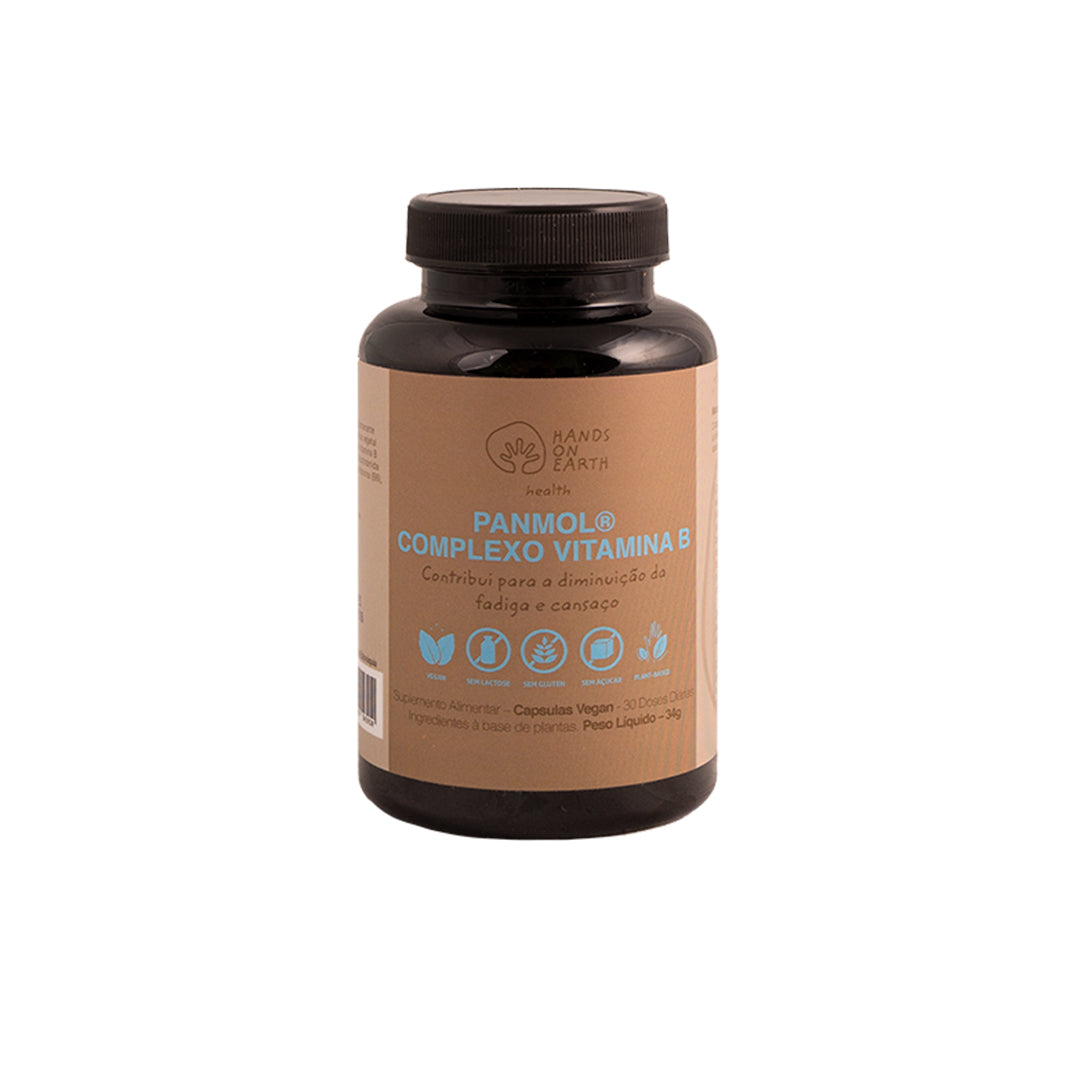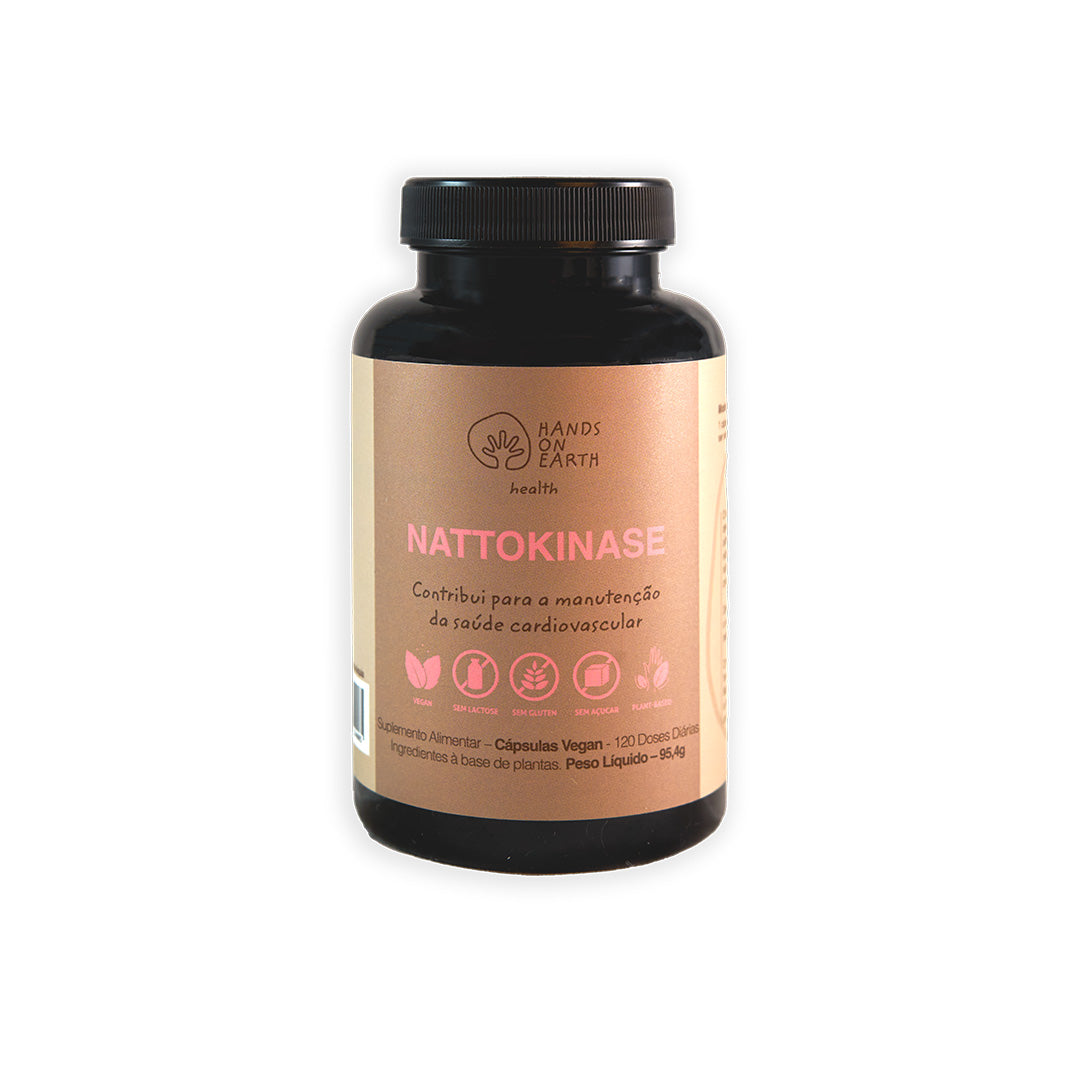B vitamins are a group of 8 water-soluble vitamins essential for the human body to produce energy. They must be consumed daily as they are neither produced nor stored in the body.
The following are part of this group of B vitamins: vitamin B1 (thiamine), vitamin B2 (riboflavin), vitamin B3 (niacin), vitamin B5 (pantothenic acid), vitamin B6 (pyridoxine), vitamin B7 (biotin), vitamin B9 (folic acid ) and vitamin B12 (cobalamin).
2. What are the health benefits of B vitamins?
B vitamins act as coenzymes in a large proportion of enzymatic processes, which support all aspects of cellular physiological functioning. In general, the multitude of functions performed by B vitamins can be subdivided into three major roles:
- In catabolic metabolism, that is, in the production of energy at the level of cellular mitochondria, through the digestion of food (macronutrients - carbohydrates, fats and proteins).
- In anabolic metabolism, that is, in the production of bioactive intermediates essential for the biosynthesis of several key molecules for the human body, such as amino acids, fatty acids and pyrimidines.
- In brain function (mental and cognitive), this is because although the brain represents only 2% of body weight, it uses more than 20% of the energy produced by the human body. The general metabolic functions of B vitamins, together with their roles in neurochemical synthesis, may therefore have a particular impact on brain function.
The following table describes a summary of the main food sources and the health benefits for each essential B vitamin.
|
Vitamin |
Health Benefits |
Food source |
|
B1 (thiamine) |
Antioxidant that can help prevent cancer. Helps protect mental and cognitive health, cardiovascular health and helps cells produce energy. |
Lentils, peas, beans, egg yolks, oats, sunflower seeds, kale, green beans, bananas and papaya. |
|
B2 (riboflavin)
|
Antioxidant that protects mental and cognitive health as well as cardiovascular health. It helps in the production of energy and red blood cells in the body and prevents migraines. |
Almonds, milk, cheese, yogurt, eggs, brown rice, carrots, peas, cassava, beans, asparagus, cabbage and tropical fruits (avocado, pineapple, guava, papaya and mango). |
|
B3 (niacin) |
Antioxidant that helps in the production of energy by the cell. |
Meat (chicken, goat, beef, turkey), brown rice, sardines, salmon, tuna and shrimp. |
|
B5 (pantothenic acid) |
It helps cardiovascular health, the production of energy by cells and the healing of skin and wounds. |
Turkey, chicken, liver and kidneys (beef), fish, mushrooms, avocado, peas, sweet potatoes, lentils, broccoli and yogurt. |
|
B6 (pyridoxine) |
Protects cognitive, mental and cardiovascular health. Helps regulate hormonal function and mood changes. Improve the immune system, liver metabolism and production of red blood cells in the body. |
Banana, soy, sunflower seeds, spinach, chicken, beef, potatoes, fish (salmon, tuna and turkey) and eggs.
|
|
B7 (biotin)
|
Helps blood sugar control, hair, nail and skin health and also prenatal development. |
Walnuts, almonds, peanuts, tomatoes, onions, salmon, sweet potatoes, liver, eggs and carrots.
|
|
B9 (folic acid) |
Protects cognitive and mental health and prevents cancer. It helps with cardiovascular health, the production of red blood cells and controlling mood changes. It helps with prenatal health and the reproductive phase of women. |
Beans, broccoli, asparagus, spinach, turnips and lentils. |
|
B12 (cobalamin)
|
Protects cognitive and mental health, cardiovascular health, and the production of red blood cells and DNA in cells. It also helps with energy production and controlling mood changes. |
Beef, chicken, goat, liver, kidney, eggs, cheese, milk, yogurt, salmon, sardines, scallops, mackerel, mussels and shrimp. |
4. Who should take vitamin B complex?
A varied and balanced diet can provide sufficient amounts of all B vitamins for most people. However, for those who have difficulty achieving this through diet alone, the use of B vitamin complex supplements may be recommended. This type of supplement is especially beneficial for:
- Individuals who experience unexplained fatigue or tiredness not attributed to lack of sleep or an unhealthy lifestyle.
- Individuals who want to improve mental performance.
5. What are the adverse effects of taking too much B vitamins?
An individual taking this supplement is unlikely to have an excess of B vitamins because they are water-soluble, meaning they are not stored in the body but are excreted in the urine daily.
Symptoms of a vitamin B complex overdose include: excessive thirst, skin changes (flushing), blurred vision, abdominal cramps, nausea, vomiting, increased urine production and diarrhea.
If these symptoms appear, taking the supplement should be stopped immediately.





Leave a comment
This site is protected by hCaptcha and the hCaptcha Privacy Policy and Terms of Service apply.